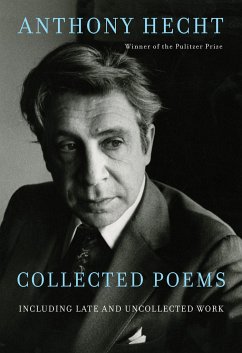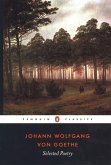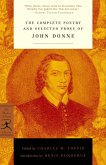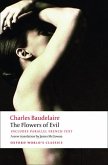"In his centenary year, a collection of the Pulitzer Prize winner's poems celebrates the indispensable artistry of a writer who faced the history of his era with a 'clear-eyed mercy toward human weakness' (NYTBR) and 'absolute raw simplicity and directness' (Ted Hughes, Poet Laureate of England, 1984-1998). Anthony Hecht, whose output spanned eight volumes, beginning in 1954 with A Summoning of Stones, served as an infantryman in World War II and participated in the liberation of the death camps in Germany. His aesthetic--bound up with a need to see the best and worst of humankind with unsparing clarity--was shaped by the cadences of the King James Bible and great literature of the past. From the seven deadly sins to a Manhattan scene of Third Avenue in sunlight, or his poems of the many faces of Death ('Death the Oxford Don,' 'Death the Whore,' 'Death the Film Director'), Hecht's subject matter called him to a formal elegance inextricably woven with the dramatic force, thematic ambition, and powerful emotions in each poem. As the late J. D. McClatchy wrote, the rules of Anthony Hecht's art were 'moral principles meant finally to reveal the structure of human dilemmas and sympathies'"
Hinweis: Dieser Artikel kann nur an eine deutsche Lieferadresse ausgeliefert werden.
Hinweis: Dieser Artikel kann nur an eine deutsche Lieferadresse ausgeliefert werden.








